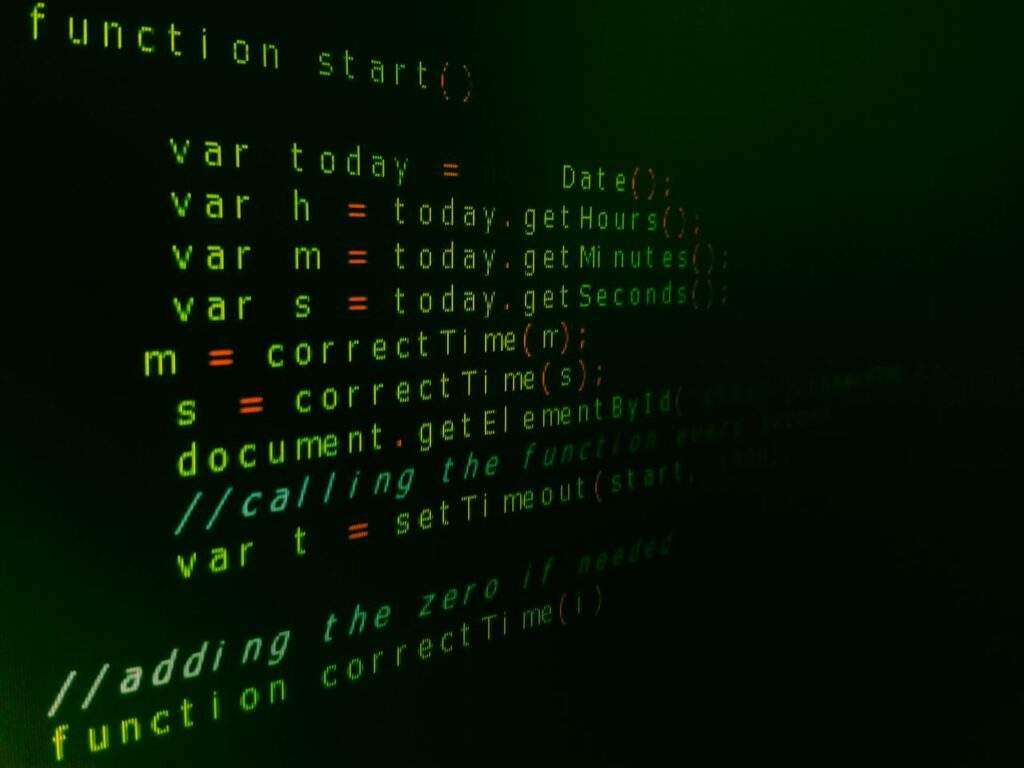
App development has come a long way with several stages in the process of making an app. For most app developers the security concerns are genuine and regularly revised keeping in mind data privacy and Cybersecurity in general. Today, Mobile App Development in general addresses app issues right in the development stages. Hacks and data breaches are constant threats in Cybersecurity and addressing them at the initial development stages is paramount. But what are the crucial elements or issues for developers to keep in mind? Let us find out more below.
1. Data Encryption
Data for all purposes is very vital and precious. Its safety and access must always be reserved and restricted for intended or target recipients. Encryption encodes plain text or information into secret keys or codes so that it requires decryption codes to read it or access it. Mobile app data must NEVER be compromised or exposed to unwanted or unauthorized persons as it exposes several users to privacy violations and wrong data uses. This may cause severe loss (financial and user loss through distrust or uninstallation and lawsuits) and infringe on other people’s rights directly or indirectly. Strong data privacy, confidentiality, and measures are today’s mandatory requirements before app store installation.
2. Library Authenticity
Libraries are third-party platforms for app code generation and building. Most if not all apps use third-party libraries to generate app code. Unsecured or vulnerable libraries transfer this security flaw into the app code being generated. It is mandatory to test the library code for basic and advanced security. App developers should adopt strong policy controls and secured repositories to mitigate apps from library vulnerabilities and security flaws.
3. High-Level Authentication
Authentication is the process of securing app access to ensure it’s only the correct user logging in at any time. Apps with better and secure authentication mechanisms perform with more app store downloads and installations. Authentication codes embedded in the apps may include OTP (one-time password), codes through emails, or through biometrics secured from the very first time one logs into the app. Multiple authentications can be helpful in ensuring app security and user privacy. These Top Android App Development Tools that You Should Know About in 2021
4. Weak Code Quality
App code is its lifeline and performance validator as well as safety against multiple vulnerabilities. Hackers feed on such basic to major flaws and mistakes as they exploit them by either adding malicious code or reversing the app’s code to suit their intentions. Bugs and other vulnerabilities in-app code must be addressed at the initial stages. Weak codes are open invitations to hackers as they find it easy to hack into the apps.
5. High Quality Cryptography
Cybersecurity requirements are revised and updated regularly keeping in n mind the shifting dynamics of threats perceptions globally. Security algorithms are also revised to ensure better and secure applications for users. There are several encryption standards like 256 and 512 among others for enhanced mobile app data security. Cryptography algorithm methods keep on changing or are revised very often which offers extra app security. Above all these methods, app penetration testing and threat modeling expose key areas that need more security-based revision and update.
6. Sessions Management
Today, there is the widespread use of mobile devices on a scale that is hard to comprehend. And since mobile device sessions last much longer than on ordinary desktops it becomes challenging to manage sessions. Apparently, location-specific identification of devices is widespread to manage sessions. But also tokens can be used to enhance mobile app usage timings, patterns, and length of usage. Tokens can be revoked and if the devices are lost, it’s possible to track and log off remotely or safeguard user data.
7. Authorised APIs
To develop a strong, secure, and reliable app code authorized original APIs (application programming interface) is crucial and mandatory. Just like building a durable house, a great foundation is needed so are apis for mobile apps. What do APIs do? APIs are software intermediaries that enable two software apps to communicate or exchange information. APIs define functions and developers are able to develop app code through API facilitation. It is essential the API channels are centralized, clear, and safe from any vulnerabilities and exploitation of savvy hackers.
8. Least Privilege Principle
For apps to connect they require basic and relevant information vital to their niche or service area. That means exposure by seeking extra information out if its domain may directly or indirectly expose it to unwanted and unnecessary security risks. The least privileges mean the app code accesses permissions vital to its functioning. Basic information for operational purposes and engagements ensures app security and performance.
9. Multi-Level App Testing
Multiple tests validate and confirm several app vulnerabilities as well as performance. App testing cannot be done once and then the app is okay for app store submission. Since app security concerns, issues, and requirements keep changing regularly, penetration testing avails more reliable and trusted measures that can point out app vulnerabilities. Besides, app security patches and regular updates help eliminate or drastically reduce data exposure and user privacy violation.
10. Tamperproof Detection
When apps are launched in the apps store they are fully operational and live for users to install and download. However, not all users have good or positive intentions some may be hackers trying to hack app code. Using app code tamper alerts or app code change detection signals whenever code changes attempt to happen. If a hacker’s malicious code is fed into the original app code sometimes apps shut down or crash. Most times hackers try to break, tamper or reverse the app code. These active app codes tamperproof or detection methods are great ways to enhance app security.
Summary
Today app security is paramount for all developers to be aware of at all stages and launch of the mobile app. These 0 practices can be vital for any Mobile App Development Company to pursue and ensure more secure apps in the entire development, launch and lifetime use of the mobile apps.


